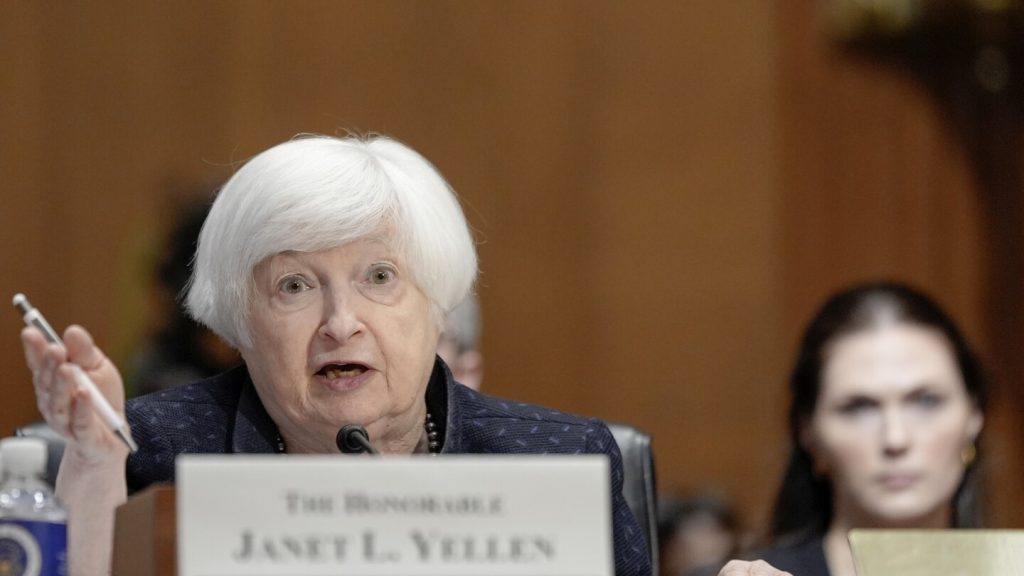Treasury Secretary Janet Yellen criticized China’s increased production in solar energy, electric vehicles, and lithium-ion batteries, stating that it distorts global prices and harms American firms and workers. She plans to address these concerns with her Chinese counterparts during her upcoming trip to China. China’s dominance in electric vehicle batteries and auto manufacturing poses a challenge to established carmakers worldwide, with the country accounting for around 60% of global electric car sales in 2023.
Yellen spoke at a solar cell manufacturing facility in Georgia, which closed in 2017 due to cheap imports flooding the market. The facility is reopening, partly due to incentives provided by the Inflation Reduction Act, which offers tax benefits for green energy manufacturing. The plant’s history highlights the impact of oversaturation of markets by Chinese products and reflects the strained economic relations between the US and China that are affected by investment restrictions and espionage concerns.
China filed a complaint against the US with the World Trade Organization, alleging discriminatory requirements for electric vehicle subsidies. In response, US Trade Representative Katherine Tai defended the subsidies as a contribution to a clean energy future, while accusing China of using unfair practices to undermine fair competition. The European Union also launched an investigation into Chinese subsidies for electric vehicles, citing concerns about the potential threat to its auto industry.
Yellen expressed concerns about Chinese government support leading to overinvestment and excess capacity in industries like steel and aluminum, which resulted in depressed prices for exports. This has affected industries globally, with governments and the business community raising alarms about China’s unfair trade practices. While Yellen’s speech highlighted these issues, Chinese leader Xi Jinping met with American business leaders and emphasized closer trade ties with the US, signaling a positive shift in relations between the two largest economies despite past tensions over tariffs and trade barriers.
Xi Jinping stressed the mutually beneficial economic relationship between the US and China, despite ongoing issues such as tariffs, accusations of Communist Party influence, unfair trade practices, and intellectual property theft. Yellen’s concerns about China’s increasing dominance in green energy industries align with broader worries about the effects of Chinese policies on global markets. As she prepares to engage with Chinese officials on these matters, the focus remains on addressing the challenges posed by China’s growing influence in key sectors related to the future of energy and transportation.


